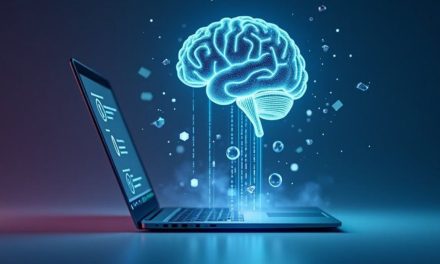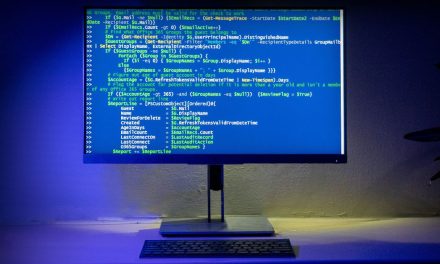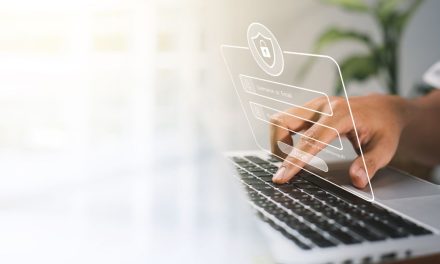Cybersecurity is the fundamental pillar that will either support or undermine the future of digital democracy. It is the essential discipline that protects the integrity of our elections, safeguards the public square from foreign manipulation, and enables the free expression of ideas and dissent online.
As of September 5, 2025, the very concept of democracy is increasingly being contested in the digital realm. For a nation like Pakistan, with its vibrant but often turbulent political landscape, a robust national cybersecurity posture is not just a technical requirement; it is a critical component of preserving and strengthening our democratic institutions for the future.
1. Protecting the Integrity of the Vote
The most direct link between cybersecurity and democracy is the security of the election process itself. A loss of public faith in the integrity of the vote is a catastrophic blow to any democracy.
- The Threat: Hostile nation-states and domestic actors can use cyberattacks to target election infrastructure. This can include:
- Hacking Voter Registration Databases: To delete or alter voter information, causing chaos and confusion on election day.
- Attacking Electronic Voting Machines (EVMs): To manipulate vote counts (though this is a complex and often overstated threat).
- Disrupting Election Day Operations: Launching a DDoS attack against the election commission’s website to prevent the reporting of results.
- The Role of Cybersecurity: A strong cyber defense, including regular penetration testing of election systems, securing voter databases, and having a resilient infrastructure, is essential to ensure that the election process is, and is perceived to be, free and fair. It is the technical guarantee of “one person, one vote.”
2. Combating Information Warfare and Disinformation
In the modern era, the most pervasive threat to democracy is not the hacking of machines, but the hacking of minds.
- The Threat: Foreign adversaries are engaged in constant information warfare, using social media bot armies and sophisticated disinformation campaigns to amplify social divisions, spread “fake news,” and erode public trust in democratic institutions, the media, and the election process itself. These campaigns are designed to polarize society and make it ungovernable.
- The Role of Cybersecurity: Cybersecurity plays a critical role in this fight. Threat intelligence professionals work to identify and expose the technical infrastructure behind these campaigns, such as the bot networks and fake accounts used to spread the disinformation. This provides the evidence needed for social media platforms and governments to take action.
3. Safeguarding Free Speech and Dissent
A healthy democracy requires that citizens, journalists, and activists can express their opinions—especially dissenting ones—without fear of reprisal. Cybersecurity provides the tools that make this safe expression possible.
- The Threat: Authoritarian regimes and other powerful groups use their cyber capabilities to target and silence critical voices. This includes hacking the accounts of journalists and activists, stealing their private communications, and publishing them online (doxing) to intimidate and harass them.
- The Role of Cybersecurity: End-to-end encrypted communication tools (like Signal) and strong personal cybersecurity practices (like using MFA and a password manager) are the essential shields that protect these individuals. They are the practical enablers of free speech in the digital age.
4. The Challenge of Governance in the Digital Age
The future of democracy also involves a complex balancing act between security, privacy, and freedom, a debate that is playing out in the legislatures of Pakistan and across the world.
- The Challenge: How can a government combat online hate speech and extremism without veering into censorship? How can law enforcement investigate cybercrime without violating the fundamental right to privacy?
- The Role of Cybersecurity: The cybersecurity community—including technologists, ethicists, and legal experts—plays a vital role in informing this debate. They help policymakers to understand the technical realities of encryption, the limits of content moderation, and the importance of data protection, helping to craft laws and policies that are both effective and respectful of democratic freedoms.





